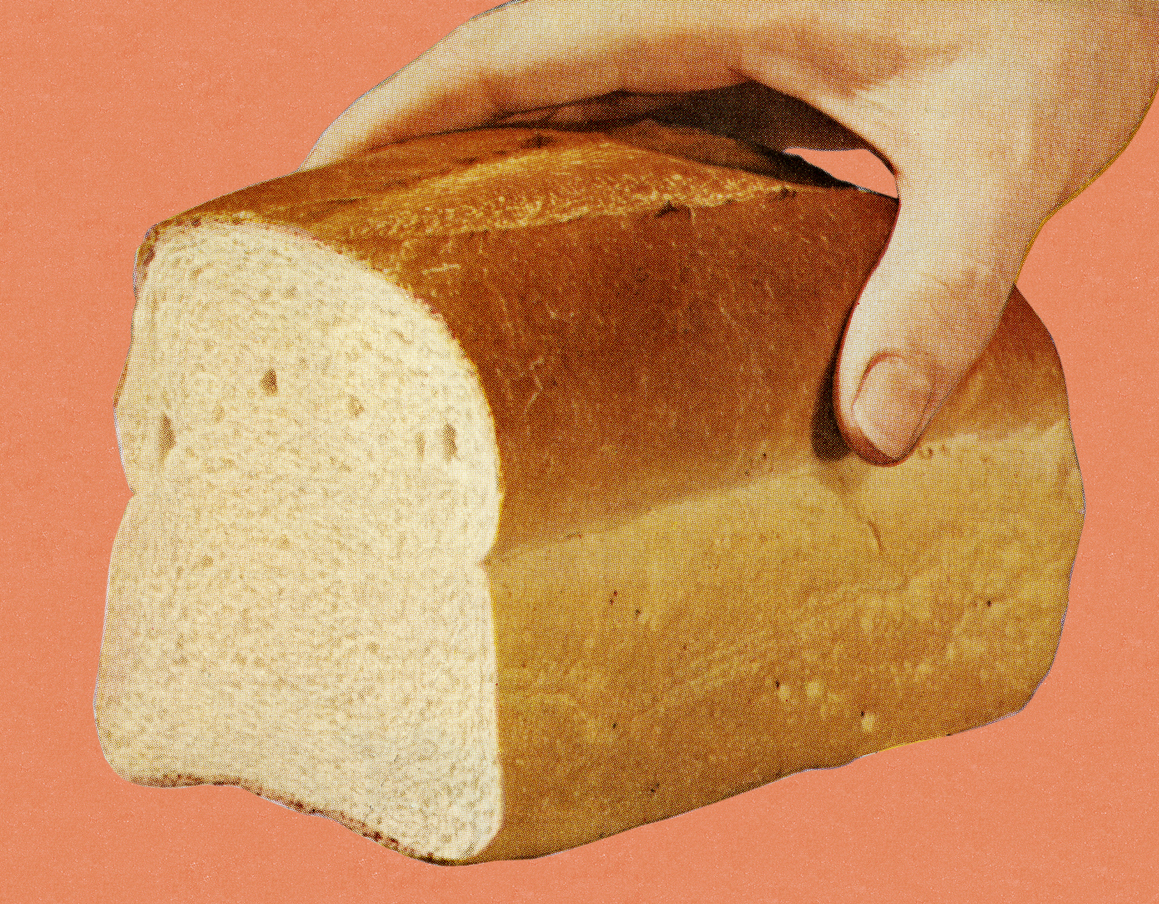It has become too easy for young people to become obese and harder for them to access physical exercise, writes Ultan Molloy
I met up with a client last week, at his behest, in order to discuss a team development programme. We had designed and worked through a programme for his company in 2015, which went well, by all accounts. They had some staff changes in the meantime, and a shift in his business mix, so he wanted to look at another. We reflected on the previous programme, and he explained to me how it had been really successful on five of the six desired outcomes. “What one didn’t work as well as you had hoped?” I asked, my curiosity peaking. “The accountability piece”, he said, “and being able to challenge one another and discuss things openly”.
Interestingly, this was the main behavioural change outcome of the “intervention”, as he calls it. It was always going to be the most difficult one to effect, even though we had individual sessions with all the management and team, and two days of group sessions. As an Italian friend and colleague of mine says: “What we say we’re going to do, and what we do, are separated by a sea.” This sea often appears to the client as nothing more than a small stream to hop over. I had heard things like “sure, that’s obvious”, “they know that now”, “no problem”, “yes, I know”, and other such replies when I was looking to outline the challenge of behavioural change in our initial programme. Indeed, so confident was he, that he chose not to have the follow-up half-day reflection and review session three months in. So what happened? Well, nearly four years later, open discussions, trust, healthy conflict and accountability still remain elusive. This brings me to my point.
Behavioural change is difficult. Any of us who have ordered an unneeded pint following the end of a night of flashing lights like one of Pavlov’s dogs, who have had another chocolate biscuit mid-diet as part of our treat, who have chosen to stay on the couch rather than go for a walk or to the gym, or indeed, those of us who have decided not to speak up when we should have in case it ‘rocked the boat’ know all too well. ‘Just this time. Next time, I’ll do something different. I’ll do what’s needed. I’ll stick to the plan. Next time.’ Well, I hate to break it to you but as I remind myself, it is the exceptions that become the new rule. A challenge to remember in the moment of course, and a necessary antidote to us deluding ourselves.
battle of the bulge
We were visiting a good friend yesterday to watch the All-Ireland hurling final, a pleasant distraction, given the heartache of Mayo’s recent crucifixion. He’s a gentleman, and always arrives at our house leaden with biscuits and cake, so we thought we best pick up some goodies at a petrol station on our way. I was astounded by what I found. €1.50 for three bars of chocolate, packed in an outer of three; sure, how could you beat that for value? Christ, I thought to myself, it really is easier, and apparently cheaper, to get fat in this country than it is to abstain from the onslaught of delicious sugary temptations presenting in glistening wrappers at every turn.
What we say we’re going to do, and what we do, are separated by a sea
Unfortunately, however, it’s the lower socioeconomic groups that struggle most with obesity, cardiac complaints and diabetes, and we appear to have set them up for more of the same in how our society markets its consumables. Then, to add insult to injury, it’s €10 for a swim in the public swimming pool in Castlebar. This was built and funded by the local council and Government funds (ie, our tax money). A €10 price point was no doubt arrived at by middle-income, middle-aged, middle-class, settled people, which is ridiculously beyond the reach of many of those in society who most need access and should be encouraged to use the facility. And don’t tell me, ‘well, we need to run it as a business’. I run a business. I’m aware of how it works in terms of income and expenditure, but this is a Government-funded public service. Perhaps someone said it had to be this way, or no way? Unlike Captain Boyle in Juno and the Paycock, I don’t believe that “no bread is better than half a loaf”, but surely there’s a better way.
At the counter
One can ask one’s self, then, what does this mean for us as healthcare professionals at the counter? Lecturing and unsolicited advice of others is tantamount to subtle persecution in many cases. ‘Who the hell are you to tell me how to live my life?’ is written across many faces, as is ‘just give it to me?’ and indeed, ‘are you going to give me them or not?’, which is a polite version of what I was asked on one occasion by a stressed-out middle-aged ‘lady’ who felt I was an appropriate target for her frustrations that day.
There is something for us to consider here though, and that is what best serves the customer, or patient, if you prefer, when they’re presenting as someone who is ill. We must be mindful that what best serves their needs may not always be what best serves the business. Therein lies our challenge, and the necessity for us to have healthy conversations with colleagues at work, for challenge, support and accountability, lest we start to lead ourselves astray.
I’m a firm believer that adults are, and should be, held responsible for their own behaviour, and also that it is not always possible to protect them from themselves. I appreciate that with the best will, structures, regulation and professionalism in the world, we will still have customers at the counter who have learned what to say to get what they want. They will lie, and act like they could be in line for an Oscar, in order to dupe us and get their needs met. Surely we cannot be held responsible in every case for their health when they aren’t taking responsibility for it themselves? I have a two- and a three-year-old that I parent, and another one due in the coming week. That really is enough parenting for me to be going on with at this point in my life.
A symptom of discontent
My perpetually skinny aforementioned chocolate-eating friend and I had a robust discussion about Trump and Boris over a drink recently. He very philosophically suggested that they were just a symptom of discontent. It wasn’t that they were the answer in themselves, but rather, they have ended up in power as a reaction to something else. This explanation felt right to me. It was like a weight had been lifted off my shoulders, as I could relate to it. More recently, I had gone down the old mental rabbit hole of ‘most people must be idiots’, which is an unpleasant, lonely, and cynical place to be.
There is a point here, with which I’m going to draw a parallel, and that is, we’re more inclined to move away from pain than we are to move toward something ‘better’. This is relevant when it comes to behavioural change. What are the consequences of not changing our behaviour? Well, if there are none that inspire us sufficiently, or pain us enough in the moment, why change? Check yourself on this the next time a staff member, or indeed yourself, is really taking the piss… again. What are the consequences and are they worth highlighting for those involved?
Trump appears to have got in on a ‘crooked Hillary is a dodgy politician’ ticket, ‘I’m the best boy at business, and them foreigners are responsible for why you don’t feel America is great at the moment’. Boris and the whole Brexit fiasco appears to be based on ‘those pesky Europeans are an inconvenience to the Empire’ (what Empire!?), and ‘they’re diluting all that we stand for and taking our jobs, so let’s banish them and make the Empire great again’. It’s not positive, visionary politics, is it? It just feels like the underlying discontent makes these arguments, and these unfortunate characters, a sensible alternative to the status quo. Not the band. They’re great.
The antidote?
What’s the antidote? Well, I don’t know. Please feel free to educate me on your thoughts and insights! Power-hungry egomaniacs, I suspect, fear the loss of power most, so public opinion and voting will have to move in a different direction. I just hope the pain that’s required to recalibrate the mess isn’t war, economic or otherwise, more walls and borders, and an even greater polarisation of ‘us and them’ tribalism breeding hatred.
What’s interesting in all of these arguments, and you’ll see it on Twitter, is ‘birds of a feather, flock together’. Cognitive dissonance means that ‘we’ all tend to gravitate toward those who agree with us, as it is what sits easiest on our minds. It is an easier option than to challenge our thinking, our beliefs, our values and how, and indeed why, we feel a particular way. Trying to convince someone to change their opinion — especially my favourite personality type, the highly self-assured narcissist — results in their opinion being reinforced and compounded and often greater polarisation of opinion. There is no talking to Trump. He’s an ignorant, racist, xenophobic idiot. And like the Grand Old Duke of York, he’ll march his followers up the top of the hill, and down again. They’ll follow in his narcissistic wake, and likely remain oblivious for some time yet, that they’re being brought up and down the wrong hills.
The good news
So, on that cheery note, I better take a few lines to recalibrate here! You’ll remember from some time back that my lovely wife Laura suggests that positivity is like kryptonite to me. I don’t think that’s the case, but rather that I have a healthy grip on my own reality. However, she bought me a book this week called Factfulness: Ten Reasons We’re Wrong About the World — And Why Things Are Better Than You Think. This ticked so many, many, boxes for me, I daren’t explain, lest you judge me further on my geekiness.
Some fantastic news to share from that book (spoiler alert!) includes that in the last 20 years, the proportion of the world’s population in extreme poverty has almost halved, the average life expectancy in the world today is 70, and that 80 per cent of the world’s one-year-old children have been vaccinated against some disease. This was really good news for me, even though the book’s approach to these insights, and ‘anchoring’, helped no doubt to manage my expectations.
So, have a fantastic month ahead, and thank you for reading this. I’m feeling positive now that good sense will prevail, and that the whole mess will sort itself out. Sometimes the only way out of it is through it! ?







